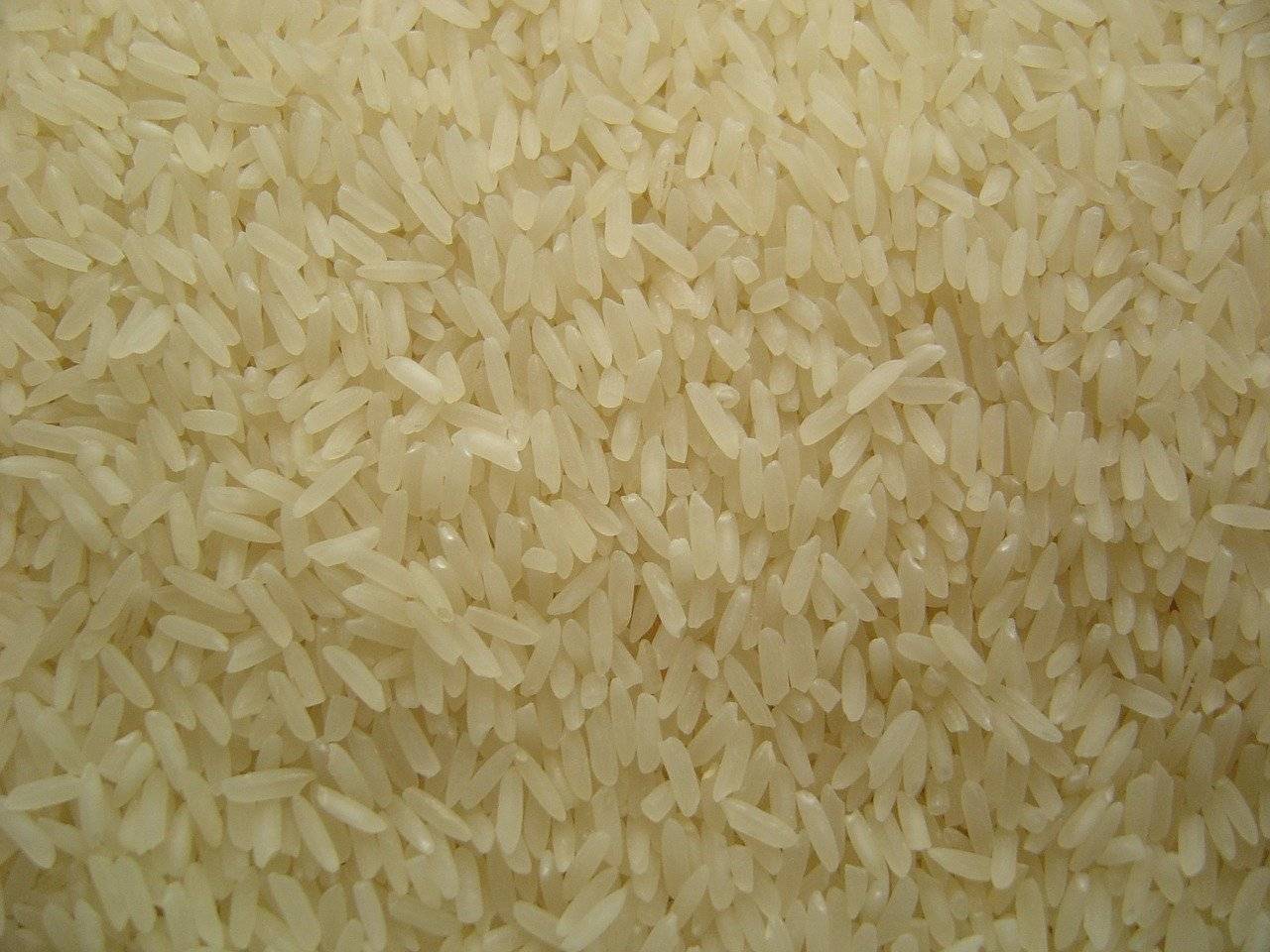Application No 14 for the registration of Geographical Indication (GI) of “Basmati Rice” was filed on 19th August 2004 in Class 30 by M/s Heritage, Haryana under the Geographical Indications of Goods (Registration and Protection) Act 1999.
India and Pakistan had agreed to protect the GI of Basmati rice varieties covered by EC Regulation 1549/2004 as detailed in Council decisions 2004/617/EC and 2004/618/EC, when GI application was filled before the Registry. Basmati is the name given for certain varieties of rice with the unique properties that are grown exclusively in specific areas of the lndo – Gangetic plains, which previously included the northern part of the Western Punjab (on both sides of the India and Pakistan border), Jammu, Haryana, Uttrakhand and Western Uttar Pradesh, as stated in GI application filed before GI Registry in India.
The granting of patent by the US patent office to an American company Rice Tec Inc was claimed to have repercussions for both India and Pakistan.
The Agriculture and Processed Food Products Exports Promotion Agency (APEDA), is an autonomous statutory authority established in 1986 under the APEDA Act and sponsored by the Ministry of Commerce, to promote agricultural and processed food products from India. Earlier, its authority was confined to activities relevant to exports only .It has been now empowered by an amendment to the APEDA Act by the Union Cabinet on 18th October 2008, to register and protect intellectual property rights or similar rights including GI for certain special agricultural products like Basmati rice in India and elsewhere.
APEDA filed GI Application No 145 for registration of Basmati rice on 26th November 2008, before the GI Registry in India on Basmati rice grown in Punjab, Haryana, Uttarakhand, Himachal Pradesh, Uttar Pradesh and Jammu and Kashmir. However, an objection to the application was filed by six parties- Madhya Kshetra Basmati Growers Association, Narmada Cereals, Daawat Foods, SSA International, Madhya Kshetra Basmati Exporters Association and the State Govt. of Madhya Pradesh on the grounds that it was not included as a Basmati growing area , which would adversely affect the lives of farmers who mainly depend on the cultivation and export of Basmati rice in the state of Madhya Pradesh.
The battle for rights has been going on between supposedly , three stakeholders- the Lahore based Basmati Growers Association (BGA) of Pakistan, the Rice Exporters Association of Pakistan (REAP) and APEDA of India, only after Pakistani trademark Registrar had assigned said rights to the BGA in May 2008. But, this decision of Pakistani registrar was challenged in the Sindh High Court in the month of September that very year.
The order, passed by the Indian GI Registry on December 31, 2013, allowed six oppositions by Madhya Pradesh-based parties, to APEDA’s application for Geographical Indication on Basmati (Application No. 145 in Class 30).
The primary ground of opposition of all six parties were that :
- APEDA’s application covered only the states of Punjab, Haryana, Delhi, Himachal Pradesh, Uttarakhand and parts of Uttar Pradesh and Jammu and Kashmir.
- There was no rational basis for including certain states and excluding certain others, particularly the State of Madhya Pradesh.
- Further, no scientific nation-wide survey had been undertaken by APEDA to identify Basmati-cultivating areas in India before moving the Geographical Indication application which was restricted only to the aforementioned seven regions.
To this end, the opponents provided extensive historical and commercial evidence to show that Madhya Pradesh has a history of Basmati cultivation dating back to at least the early 1900s.
Allowing the oppositions, the Assistant Registrar observed as follows:
- Applicant has failed to satisfy the fundamental requirement of clear, specific and reasoned demarcation of Basmati-cultivation areas.
- The Geographical area of production is an important aspect to be considered when granting Geographical Indication. The area has to be defined with clarity and without any ambiguity. “The GI application remains imperfect, if it fails to cover the actual producing area. Not even a micron point space actual cultivation area should be left uncovered“
- In the case of Geographical indication(s) the dispute is not between the parties alone, there is always the issue of public interest. “The Registry has a bounden duty to protect the interest of producers by covering the entire area of production”.
Consequently, the Registry has instructed APEDA to amend its application to include certain areas of Madhya Pradesh as Basmati growing areas.
APEDA appealed against this order of the Registry before the IPAB. Lahore based BGA also moved APEDA against the order of the Registry that ordered inclusion of Madhya Pradesh in the amended application by Apeda. BGA had also opposed the granting of GI to Indian Basmati rice in totality. On the other hand, various parties filed their oppositions to APEDA’s application before the IPAB such as the Department of farmer welfare and agriculture development of MP, Madhya Kshetra Basmati Growers’ Association Samiti based in Raisen district among others.
A new twist resulted in the legal tussle for the grant of Geographical Indication to Basmati Rice, when an order by IPAB was passed in late February this year, allowing, a Madhya Pradesh farmers’ society, i.e the New Darpan Social Welfare Society to implead itself in this litigation. APEDA objected to the same, by arguing that it might lead to further litigation. APEDA also stated that there are no statutory provisions or IPAB procedural rules that permitted a third party to interject in this manner. However, the IPAB stated that the New Darpan Social Welfare Society was a necessary party to the proceedings as “it is a welfare organisation fighting for the cause of farmers in Madhya Pradesh“. Hence, the impleading was allowed. Similarly, it has been reported that the IPAB has also allowed the appeal filed by Lahore based BGA against APEDA’s application.
Basmati rice has been struggling to get a Geographical Indication tag for more than a decade now. Time will tell, whether it will succeed or not!
Contributed by Sambhabi Patnaik



